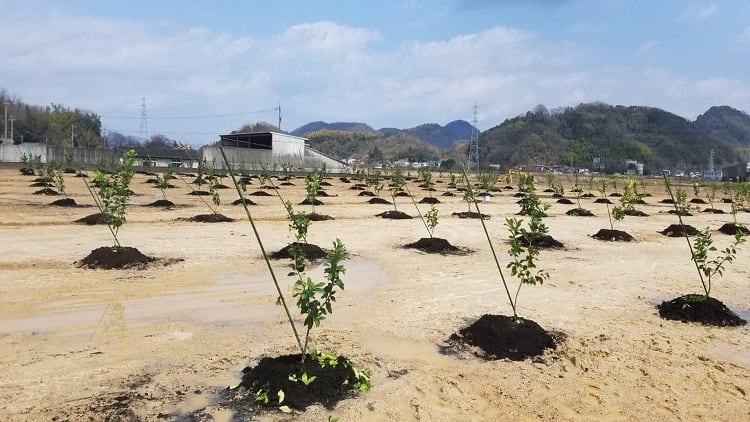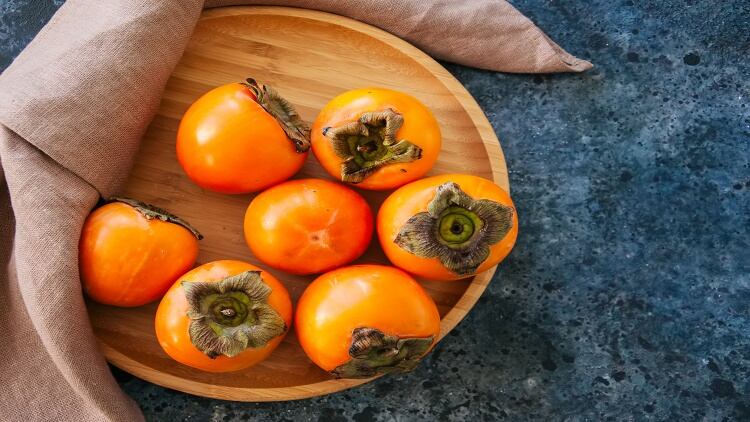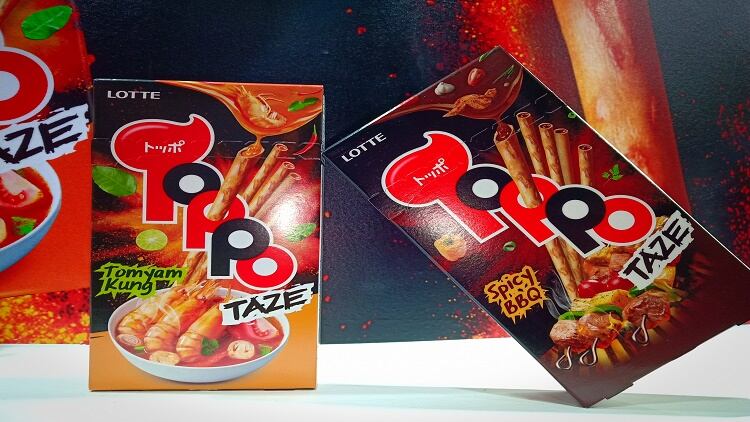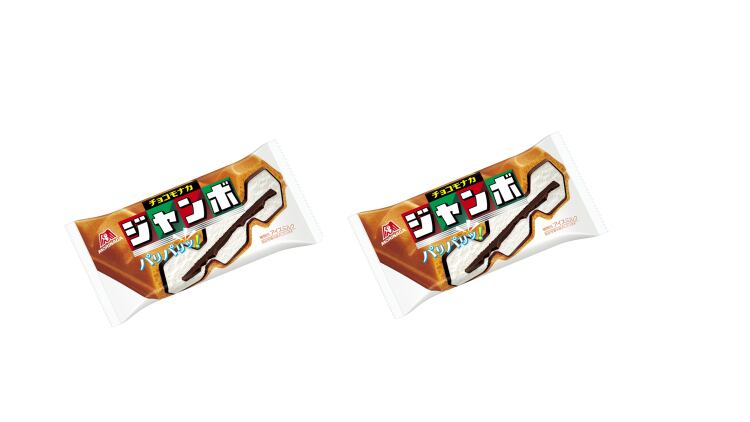With a farming area of 50 acres, plantation work began in April 2019 and the firm expects a stable harvest of 10 tons per year after five years. Only then it will start to use the lemons in the manufacturing of finished products.
At present, the firm mainly relies on lemon juice imports for making lemon-based products, a company’s spokeswoman said in response to queries from FoodNavigator-Asia.
“However, with growing demand for domestic lemons, the current situation cannot fully meet the demand because production and supply are lacking due to the ageing population and the lack of successors in lemon farming,” she said.
“Therefore, we believe that stable production is necessary for sustaining the increase in demand for domestic lemon in Japan. We will understand the related issues by being personally involved in the lemon cultivation process...to further revitalise the domestic lemon market.”
The company and the Hiroshima prefecture – the major lemon production region in Japan – have signed an agreement back in year 2013 to formalise the plantation plans.
The other party involved in the business partnership is the Hiroshima Yutaka Agricultural Cooperative.
The company sells a series of lemon-based products, ranging from vinegar, beverage, sauce, and chelated lemon.
Farmers shortage
The number of agricultural operations, including family and incorporated farms, fell from around two million in 2005 to about 1.37 million in 2015 and is expected to continue to decline, according to Japan's Ministry of Agriculture, Forestry and Fisheries (MAFF).
To reverse the situation, some companies in Japan are attempting to attract more young people into this line of work.
An example is Topriver, a company that supports people who are attempting to start their own farming businesses. The company provides not only expertise in cultivating crops, but also managerial skills.
Based in the Nagano Prefecture, the team is formed by more than 20 young aspiring farmers, according to a report by Japan Times.
Technology advancements are also made available to lift farming efficiency.





